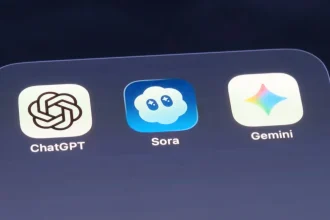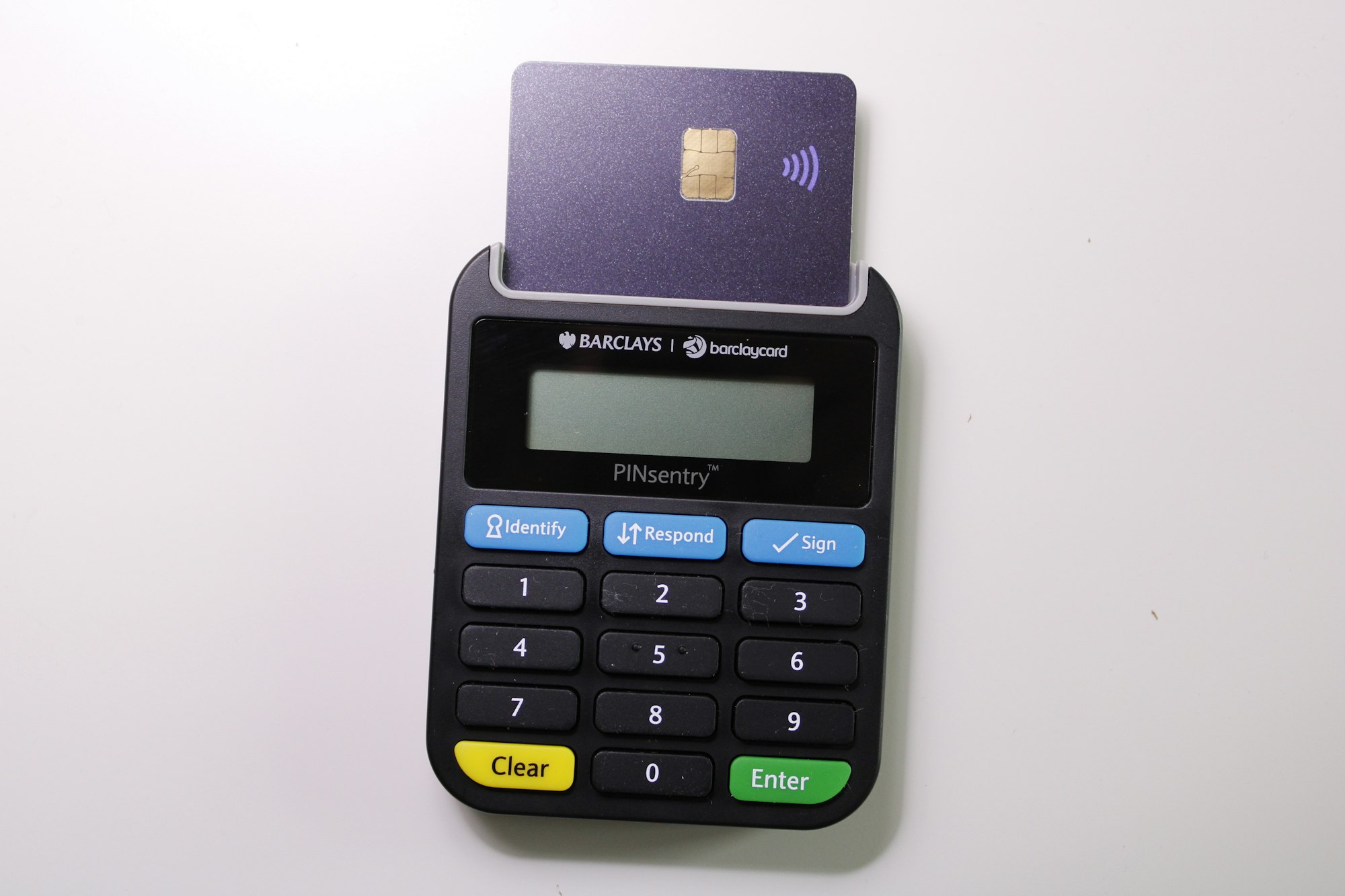If you’ve ever switched between apps just to pay someone, Brazil may have found the fix. The country’s biggest banks are quietly transforming WhatsApp into a payments tool, letting people send money inside chat windows with help from AI.
The foundation for this leap is Pix, the instant payment system launched by Brazil’s central bank in 2020. It has become the backbone of the country’s digital economy. In 2024, Pix processed about 64 billion transactions, a 53% year-over-year increase, and hit a record 252 million transfers in a single day (via Payments Journal). Mobile banking adoption has surged, too. About 90% of Brazilians now use mobile banking, up from 56% in 2020, surpassing the U.S. rate of 75%, based on CryptoRank data.
Now, banks are using AI to bring Pix into everyday WhatsApp conversations. Financial institutions like PicPay, Itaú, and Nubank have rolled out verified WhatsApp integrations that let users initiate Pix transfers through text, voice, or even images. If you type “Send R$50 to Maria” or share a QR code, for example, the AI understands, verifies the details, requests a password or biometric confirmation, and sends a receipt, all in the same chat window.
WhatsApp is rolling out a merchant payment system in Brazil
The Central Bank of Brazil has approved the launch of Meta Platforms’ payments system for small and medium-sized businesses in Brazil via its messaging application WhatsApp, building on the app’s existing local peer-to-peer payment system, per a Reuters report. The integrated payments system will enable people to pay for small
Behind the scenes, though, Pix and the banks’ systems still handle the heavy lifting: settlement, authentication, and fraud checks. The AI simply manages the interface, making payments conversational rather than transactional.
For users, the benefits are obvious. You don’t have to leave the app where you already talk to friends, family, or businesses. For banks, it could be a retention tool that keeps customers within their ecosystem and creates more opportunities to cross-sell services inside WhatsApp. But convenience brings new risks. Each message-based payment expands the attack surface, making stronger identity verification and fraud detection more important than ever.
There’s also competitive tension. Pix’s success, supported by open banking, modern regulation, and strong consumer adoption, has drawn global attention. Visa and Mastercard argue that Pix’s government-backed rails give it an unfair edge. And even in July, the United States launched a trade probe into whether Pix’s dominance disadvantages foreign firms. Brazil’s central bank rejected those claims, describing Pix as a neutral public utility, not a commercial rival.
U.S. opens a trade investigation on Brazil’s payment platform, PIX
In just five years, PIX has gone from a local experiment to a national habit, and now a flashpoint in global trade.
We’re also now seeing that the world is studying this payment model closely. In other Latin American markets like Colombia, central banks are already building their own instant rails, while messaging apps are being tested as new payment frontiers. Brazil may have simply shown how it can be done first.
Overall, Brazil’s mix of AI, regulation, and real-time payments has turned WhatsApp into more than a chat app. It has become a testing ground for how finance, conversation, and technology can merge, and the rest of the world is watching.



















